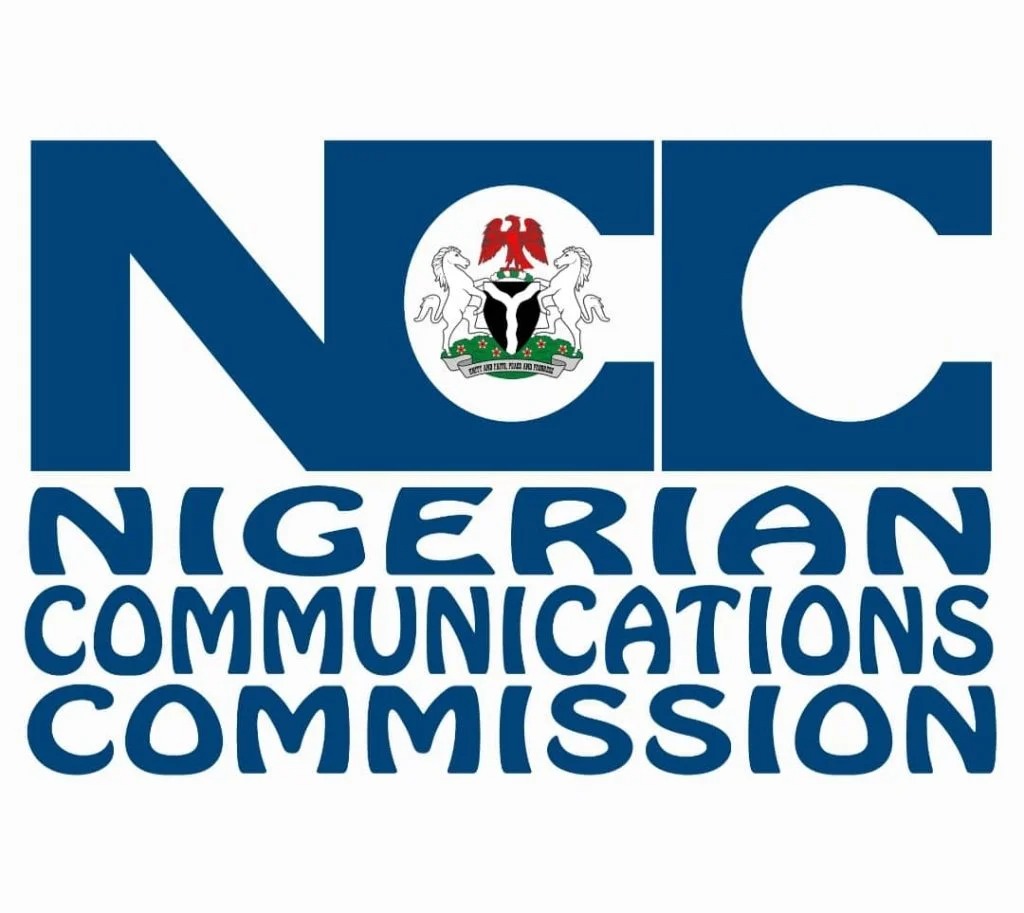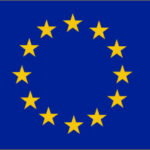
The Nigerian Communications Commission has said telecommunication companies that fail to comply with the directive to block Subscriber Identity Module cards not linked to National Identification Numbers will face sanctions.
The Director of Public Affairs, NCC, Reuben Mouka, told The PUNCH on Thursday.
According to Mouka, the regulatory directive mandates telecom operators to comply, and any non-compliance will result in sanctions.
The NCC Director stated, “It is not an issue whether the telcos have started complying or not. We have asked to link the SIM cards to NIN. We have given our directives, and we expect compliance. So, if there is any evidence of non-compliance, what follows would be sanction.
Asked when this sanction would commence, Mouka said, “We can’t say this is the time we would begin to start sanctioning. That also requires a regulatory process. But any operator that fails to comply will be sanctioned.”
The telecom regulator had in December asked telcos to bar an estimated 12 million lines that have not been linked to the owners’ NINs after the expiration of the February 28, 2024, deadline.
On Wednesday, the NCC reaffirmed its stance on the matter and ruled out an extension of the deadline.
The telecom operators who spoke to our correspondent aligned with the regulator to disconnect SIMs not linked to NIN.
The Chairman of the Association of Licensed Telecommunications Operators of Nigeria, Gbenga Adebayo, said telecom operators would adhere to the NCC’s directive.
Adebayo stated, “About 12 million SIM cards may not have been linked to NIN. Some of these SIM cards work on modems and WiFi devices.
“According to the regulatory directives, those numbers that are not properly linked to NIN will have services withdrawn by midnight today. We stand by that regulatory directive, and we are going to comply.”
The compulsory linkage began in December 2020, when the federal government, through the NCC, directed telcos to block calls from unregistered and unlinked NINs.
Since then, there have been extensions, but over 12 million SIMs still remain unlinked to NIN.
The move by the FG to mandate the linking of phone numbers was to enhance security measures in the country. The directive aimed to streamline the identification process and improve accountability for individuals associated with specific phone lines.
By limiting the registration of a maximum of four SIMs to a single NIN, the government seeks to facilitate easier identification of line owners, enabling effective monitoring and matching of these numbers.
The restriction is intended to combat crime by ensuring that individuals are accountable for activities linked to their registered lines, thereby tightening security measures against criminal activities such as kidnapping, banditry, and terrorism.
Earlier this month, the Executive Vice Chairman, Aminu Maida, addressed the challenges posed by pre-registered or illegally registered SIM cards, stating that this has been an ongoing issue.
He also mentioned that the directive would help make data-driven decisions that will help the industry.
The EVC stated, “You are going to see a change in the way we make decisions; we are going to be very data-driven. All our decisions are going to be backed up by data as much as possible. We want to reduce subjectiveness and make the right decisions that will improve the industry.
“We intend to hold our licensees accountable for all services. After all, consumers pay for the services, and they expect the service to be at a certain level or point, so we will be holding our licensees accountable to ensure they deliver on their obligations to their licenses.
“We need to put smiles back on the faces of consumers. NCC is clear on this: we need to protect the interests of consumers. They remain number one because that is where you extract values from. Yet, the interests of licensed operators will also be protected while we put eyes on their activities to see the level of compliance.”





